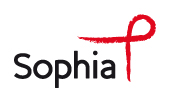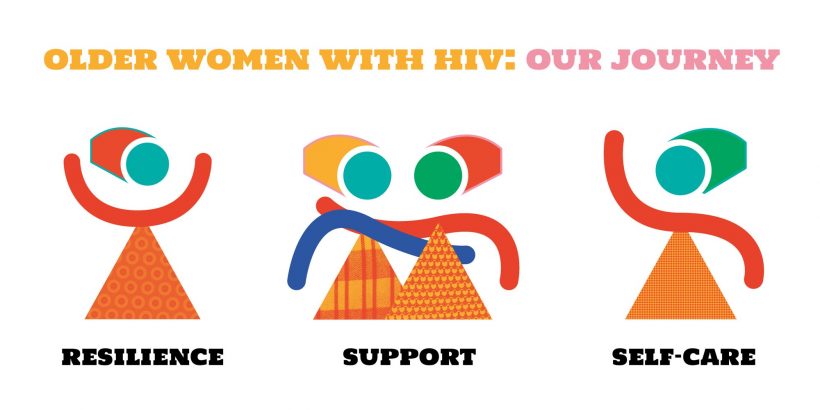Blog by Julie Reynolds
In January 2021 I will have been diagnosed with HIV for 30 years.
In February I will be 55. Back in 1991 an HIV diagnosis was almost certainly believed to be a terminal one but during the past 30 years the landscape of HIV has changed beyond all recognition. However, the overlapping and interdependent systems of discrimination and disadvantage that are deeply rooted in our social structure and often operate together to exacerbate inequality, have not.
As a result, women living with HIV often face a wide range of complex issues, including violence, poverty, stigma, and poor mental health. My own lived experience has involved coming to terms with being sexualised as a young adolescent, rape, sexual assault, domestic abuse, my HIV diagnosis and homelessness. These traumatic histories have shaped my mental health. I struggled to come to terms with the mental health difficulties that often left me with polarised emotions, desperate for validation, feeling disconnected and voiceless.
Globally women living with HIV have struggled to have their voices heard and be visible, despite in the UK women being approximately one third of people living with HIV. When you are invisible your needs do not get thought about, let alone addressed.
This time last year I was fortunate enough to be one of the facilitators for the Sophia Forum WISE UP+ Ageing with HIV weekend. It was an energising weekend of workshops that aimed to ensure that we were given a voice. The weekend was designed and led by women living with HIV with the aim of building a dynamic and diverse community of women HIV advocates.
WISE UP+ offered us an opportunity to share our vast range of experiences to listen, to learn and understand each other. All of us came alone but we all brought along our many identities, so there was never going to be just one view – there were many.
We were aware that we were among the first generation of women to be ageing with HIV, to be taking ARV’s long-term, and to be moving through the menopause with all that it brings.
The weekend highlighted how unique to each individual both the experience of ageing, the menopause and living with HIV are, and how difficult it is to get any relevant, supportive information.
Women living with HIV remain extremely under-represented in medical trials, in policy decisions and research – decision making, funding and campaigns. Unless we are better represented in clinical trials, studies about the long term effects of ARV’s, treatment side effects and drug interactions, it is not possible to identify the issues that are specific or relevant to us and therefore impossible to give us appropriate information to support us to
manage them. Disaggregating all research results by sex, gender and age would enable us to highlight and report under-representation of women where this is the case.
It’s not just clinical research. Older women living with HIV, need to be meaningfully involved in any research that explores any issues that are relevant to our lives.
Gathering the confidence and self-determination to be visible and heard can take up lots of emotional space in our often already complex lives and can be a barrier to participation. We need to have peer support training and treatment advocacy tailored to the needs of older women living with HIV, so that all who want to, can participate, at a threshold that we are comfortable with. So that we become part of research, decision-making, service design and delivery.
We all felt there were huge challenges in accessing accurate, up-to-date, and personalised information on menopause and HIV and wanted comprehensive menopause information to be available in our HIV clinics. We also agreed that getting up-to-date information, support and training could better enable us to be menopause mentors in our own right. As we age with HIV, we are more likely to experience several conditions at the same time. We may need specialised care from multiple specialists or consultants to manage these. Better communication, coordination and collaboration between GP’s, consultants, other healthcare professionals and HIV clinics is required to deal with this.
Being able to listen to and be part of this meaningful collaboration of diverse women at WISE UP+ was inspiring. It was empowering to have our words heard and now we must continue the push to ensure they are more widely heard and honoured. We must stand in solidarity with one another, questioning the power structures and speaking out against the root causes of inequalities are critical for building a future that leaves no one behind.


